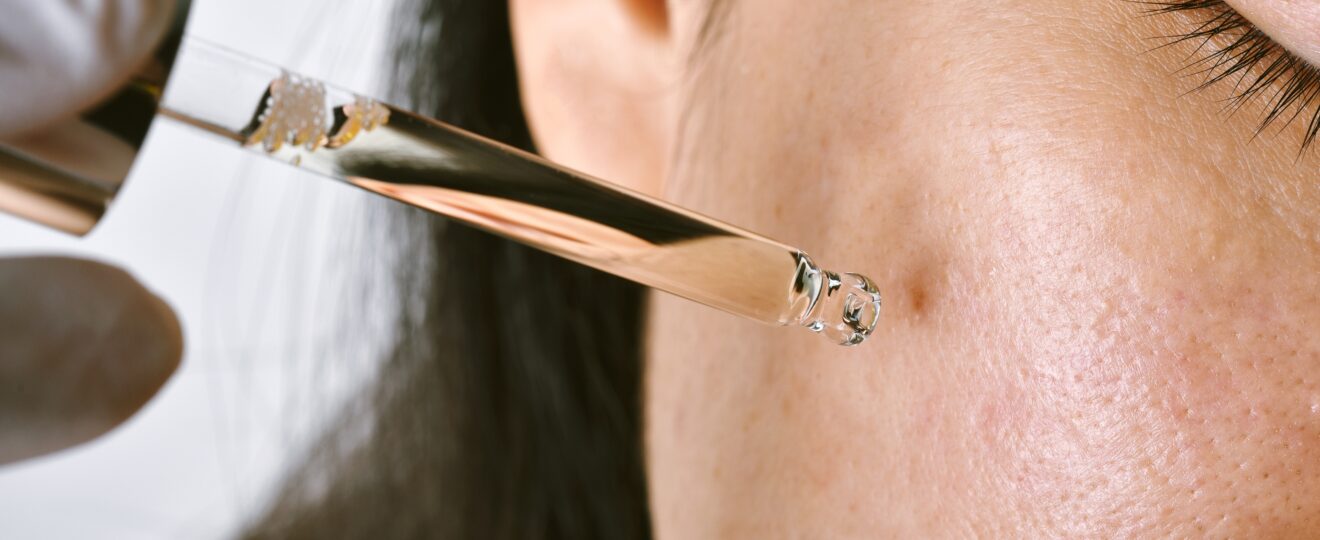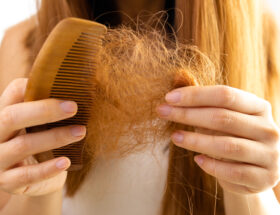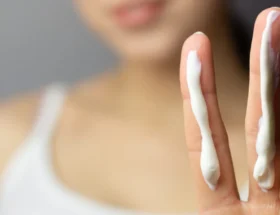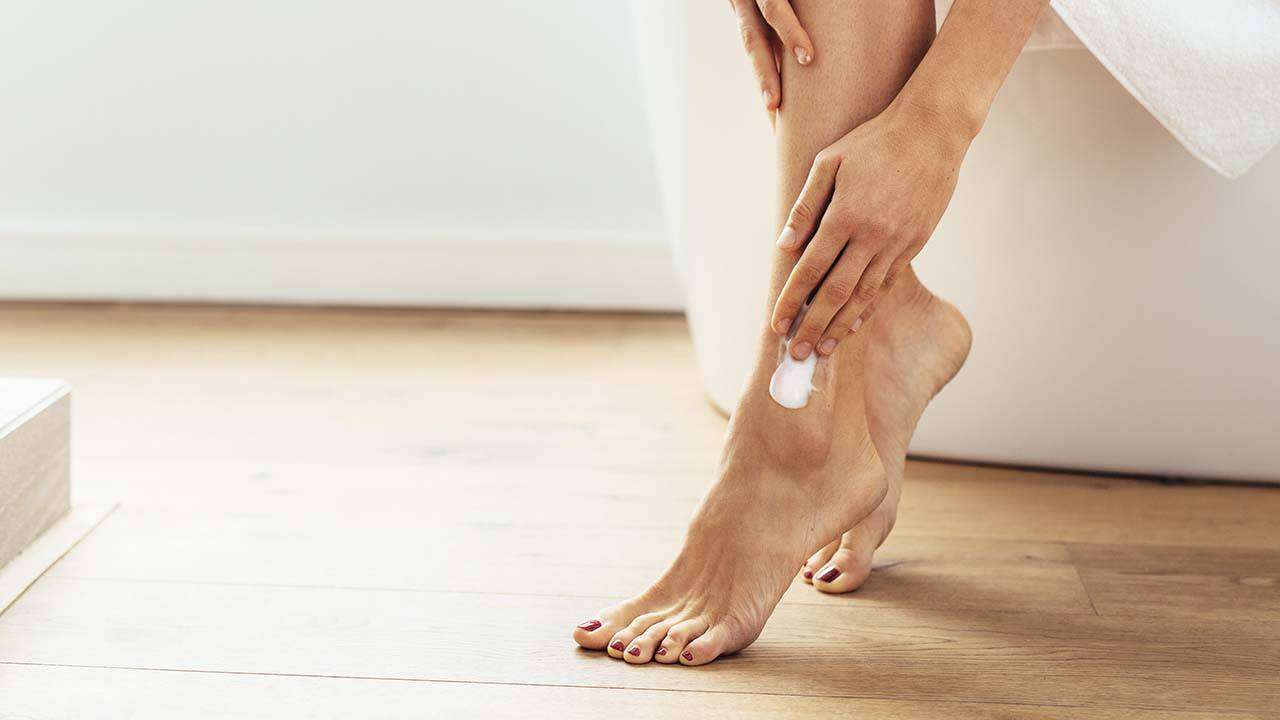What Is Acne?
Acne is one of the most common skin problems that people can’t get rid of easily. Acne simply is a skin condition known for mostly leaving red pimples on the skin, especially on the face, and rarely on the back and chest. Acne appears due to inflamed or infected sebaceous glands and prevalent chiefly among adolescents.
Skin Conditions with Acne
Acne makes the skin very sensitive and many blemishes appear along with it. For example, one of the most common blemishes is blackheads and whiteheads. Papules are also common with acne and they are small red bumps. Some people also suffer from pustules and they are similar to papules, but have a white tip caused by a build-up of pus. In some serious situations, it happens to appear nodules, which are large hard lumps beneath the surface of the skin and can be painful. Cysts also are the most severe type of spot caused by acne. They look similar to boils and may cause permanent scarring.
Cold Weather Is Acne’s Best Friend
For years and year, people used to believe that acne is much worse in winter than summer. They tend to think that summer makes them use heavy sunscreens that lead to skin barrier blockage. They also think of the less you sweat the less your skin produces oils and this will help to minimize pores and pimples. The senior medical advisor of dermatology at Teladoc Health Jeffrey Zwerner uncovers the truth. “Acne tends to worsen or become more difficult to treat in the winter. This is primarily because of excessive skin drying”. This brings us to remember the climate in the United Kingdom. As it’s cold most of the year with a humble summer season. On the contrary of what people think, due to the dryness of the skin during winter, your skin produces sebum, which is an oily substance that is a key component of acne. This will make the skin cells stick together and clogs pores. With keeping in mind that winter reduces the amount of moisture in the air along with the dry air of indoor heating systems, these two factors will make it difficult for people to maintain the proper skin moisture. Skin will be subject to inflammation and a poor skin barrier.
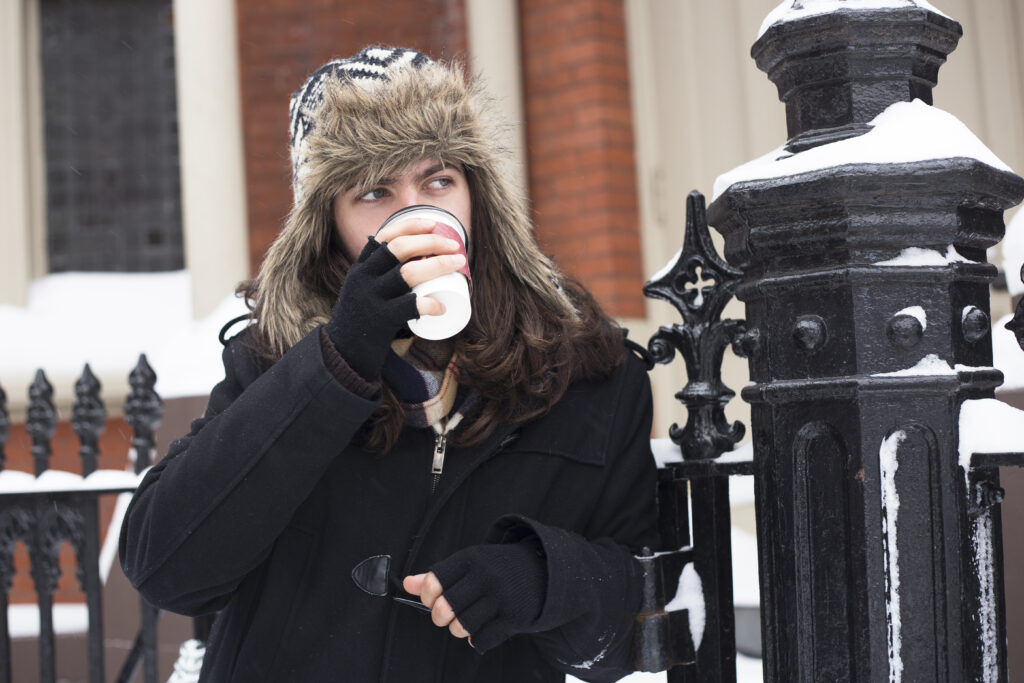
How To Treat Your Acne in the UK
The only way to minimize acne in a cold weather is to fight winter dryness by keeping your skin hydrated. Hydrated skin creates less excess oil, which reduces pimples, blackheads and whiteheads, as well as strengthen the skin barrier. These are three tips to make your skin hydrated 24/7:
- Wash your face with cleansers that contain salicylic acid to minimize pores like Salicylic Acid Daily Gentle Cleanser and Salicylic Acid Face Wash.
- Apply moisturizer consistently and use thick and rich types like Advanced Snail 92 and Skin Renewing Night Cream.
- Use serums to boost the effectiveness of your moisturizers like Hydronic Acid Serum or serums with niacinamide to control oils.
Don’t forget to treat your lips with lip balms at day and lip mask at night. Under eye is sensitive and needs special care with hydrated creams like Creamy Eye Treatment or Eye Repair Cream.

